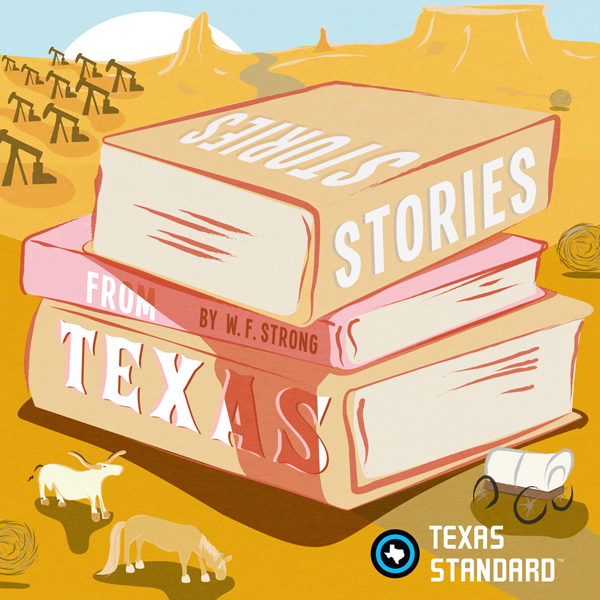Texans have a kind of proverb that goes like this:
“Driving across Texas isn’t a trip; it’s a damn career.”
Texas is big, no doubt about that. But it used to be a lot bigger – about a fourth bigger. When Texas joined the United States in 1845, Texas’ borders (and shape) were quite different.
The northern boundary of Texas in those days stretched all the way up into what is today southern Wyoming. It´s true. In those days, the northernmost town in Texas was not Dalhart, it was Rawlins. You think it’s a long way from Brownsville to Dalhart now – at 860 miles – try 1,400 miles to Rawlins. In 1845 a trip like that would have been measured in seasons, not days. We’ll leave in early spring and get there before winter sets in.
Texas used to have a panhandle for the panhandle. It stretched north of the present day border and passed through prime Colorado Rockies real estate (including Vail) into Wyoming. They called that the stovepipe because that is what it looked like – a long skinny stovepipe, snaking northward. You can still find vestiges of Texas up there in that part of Wyoming. For instance, there is a creek up there named Texas Creek.
Texas used to include what is today the panhandle of Oklahoma. That territory is comprised of three counties. One of them is still named Texas County. So some Oklahomans still live in Texas. Well, Texas County, anyway.
The southwestern tip of Kansas was claimed by Texas. Dodge City was in Texas. Glad to know that. “Gunsmoke” always seemed like a Texas series. We know that Marshal Matt Dillon was born in San Antonio. His father was a Texas Ranger. It’s all coming together.
New Mexico used to be about half its current size because Santa Fe and Taos and all the eastern part of the state was Texas. Texas was so big in 1845 that if you had put a hinge on the northernmost part and flipped it northward, Brownsville would have been in Northern Canada next to Hudson Bay. Don’t think those Brownsvillians would have liked trading the tropics for the tundra, but that would be the result.
If you had flipped Texas southward, the people of Rawlins would have been in Peru. The East-West boundaries would have been about the same as they are today. Still, flip Texas eastward and you will have the El Pasoans trading their margaritas for mint juleps in Georgia. Flip it westward and the Beaumantians will be hanging ten with California surfer dudes.
So what happened to all our land? The U.S. government bought it in 1850. For $10 million they bought our claims to our Wyoming, Colorado, New Mexico, Kansas, and Oklahoma – it came to 6.7 cents an acre. Seems like we sold out cheap, but we desperately needed the money then. And remember that $10 million in 1850 is $300 million in today’s dollars, which is almost enough to buy a nice vacation home in Vail.
But, as I said, we really needed the money. We had a state to build and the only true assets we had in those days were land – and a tough, hardened people made of unbreakable spirits. So we sold the land and paid off debts and got a much more appealing shape to the state, a shape that fits nicely on t-shirts.
So even though we sold off our lands, we are nonetheless no slouch of a state, especially when we drive it. We still measure distance in time. We still feel like we are crossing an enormous frontier when driving I-10 through West Texas or I-69 to the southern border. And this old Texas saying is still valid:
“The sun has riz; the sun has set; and here I is in Texas yet.”
W.F. Strong is a Fulbright Scholar and professor of Culture and Communication at the University of Texas Rio Grande Valley. At Public Radio 88 FM in Harlingen, Texas, he’s the resident expert on Texas literature, Texas legends, Blue Bell ice cream, Whataburger (with cheese) and mesquite smoked brisket.





